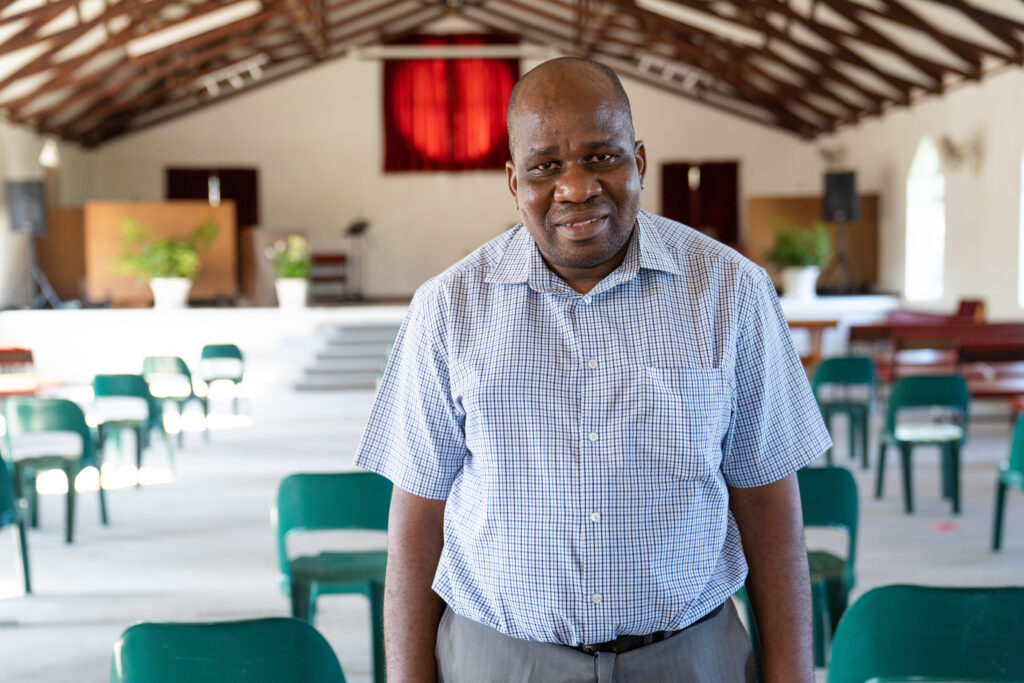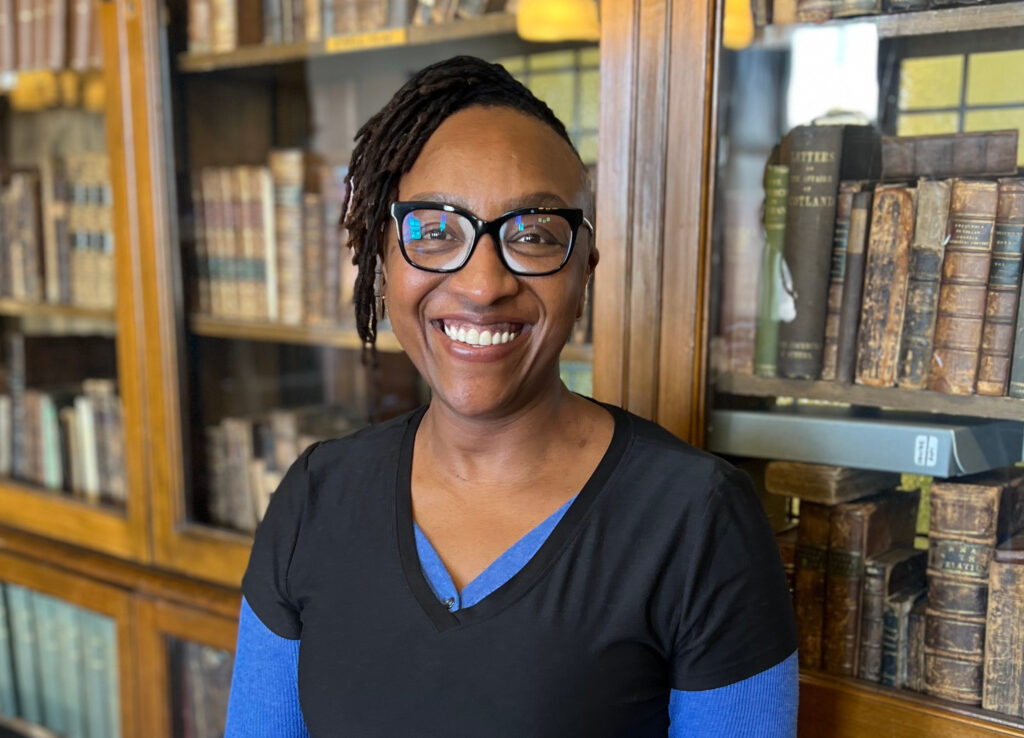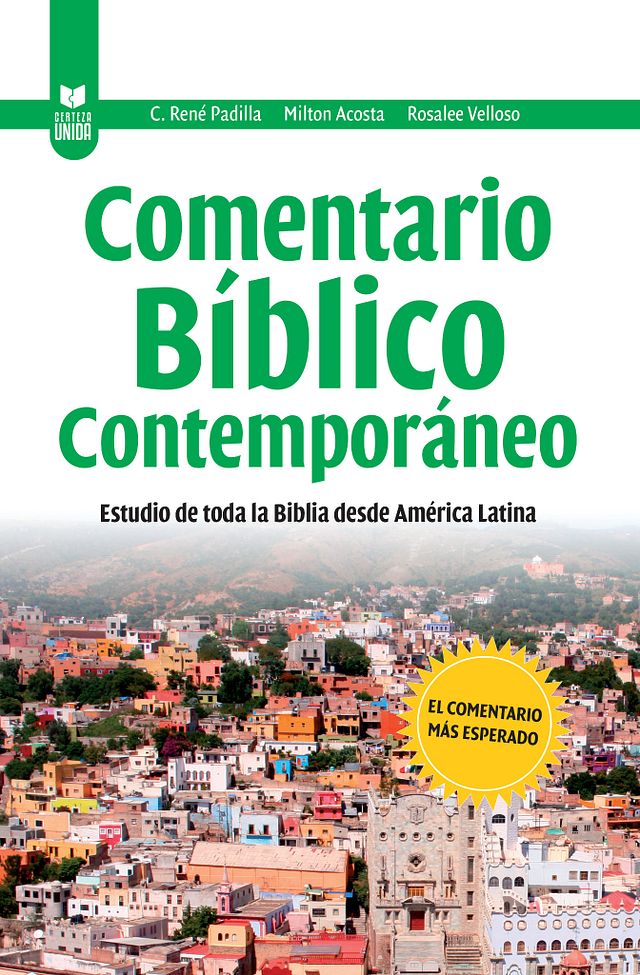Spreading a Biblical vision of prosperity with the Africa Bible Commentary

Mokululi Ncube pastors a church in Eswatini, a small country surrounded by South Africa on three sides and Mozambique on the other. Almost ninety percent of the 1.2 million people living there say they’re Christian. However, many have been sold versions of the prosperity gospel mixed in with traditional African beliefs.
Ncube remembers a young man who dug himself deeper and deeper into debt to “buy” blessings from God. “Just like in our culture, you do something for the big men for the big men to give you opportunities,” he said.
This shallow understanding of the Bible has spread from the U.S. to churches across the world. “The gospel message is not clearly taught, and its full implications are not clearly revealed to people,” Ncube said. Many pastors preaching this incomplete gospel don’t have formal training or access to Bible study resources in their own language.
[Read more: How books multiply transformation in Christ]
How the Africa Bible Commentary bridges the gap

That’s where the Africa Bible Commentary and a woman named Elizabeth Mburu come in. The commentary is a collaboration between Bible teachers, scholars and editors across the continent, supported by Langham Partnership.
The goal is to make every part of the Bible understandable and accessible to people across Africa. The book was first published in 2006 and has since been translated into six other languages. A revised version, edited in part by Mburu, will come out later this year.
It has transformed the way pastors like Ncube are able to reach people with the Word of God. The book speaks to the prosperity gospel and other issues directly affecting the church in Africa.
“It just opens up the Bible to them in a way that they find amazing,” Mburu said. “It’s something that helps them zero in on issues on the continent.”
Why Western resources aren’t enough
Mburu noticed the need for resources like this while she was teaching at a Bible college in Nairobi, Kenya. She used Western resources — the only ones available — and they weren’t resonating with her students. “The Bible is universal. It speaks to everyone, in every culture, at every time, but it doesn’t always address us in the same way.”

A biblical vision of prosperity
“True human prosperity is encapsulated in the Hebrew term shalom, including the concepts of wholeness, health, peace, justice, righteousness, well-being, rest, sufficiency, harmony and salvation. It is essentially a community experience. It occurs when people have a close relationship with God, his Word and his neighbor.”
This is why Langham Partnership has helped publish six other groundbreaking regional commentaries, most recently for Central and Eastern Europe. Right now, 28 more commentary projects are in process, including the updated Africa Bible Commentary that Mburu is editing.
“My prayer [is] that as people hold this resource in their hands, as they read it, that it wouldn’t just be words on a page,” said Mburu. “But that they would allow God … to change their hearts, to transform them, to make them more into the image of Jesus Christ.”